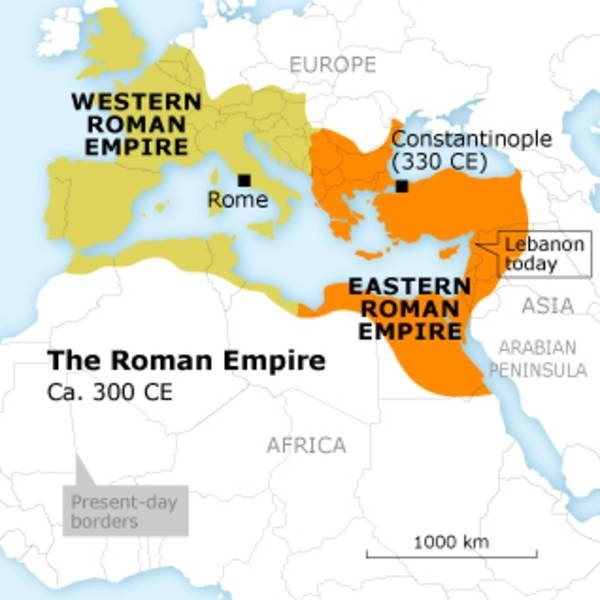Stormy Daniels
Gold Member
- Mar 19, 2018
- 7,570
- 2,812
- 265
One of the reasons our politics have turned to shit is because everything is nationalized, then reduced to a false dichotomy, all while those elected to lead are increasingly insulated by gerrymandering (which only serves to encourage them to stoke the fires with increasingly radicalized ideas that excite and expand the fringes). Fewer and fewer House seats are competitive anymore, and Congress is the least accountable to the people it's ever been. Meanwhile, while the Senate is beyond the scope of gerrymandering, it's peculiarities largely reduce it to being determined by macro trends and tendencies (how many seats a given party has to defend in a particular election, the anti-Presidential-party effect, things like that).
A Republic where the assembly has little accountability to the people is an autocracy.
The necessary solution is to increase the size of Congress, so that districts would be smaller. Much smaller. Small enough that elected officials would be more directly responsible to the people for their bullshit. Small enough that gerrymandering would be inherently far more difficult in the first place, and mostly too cumbersome to bother with to a substantial degree. Currently, the average size of a House district is a little more than 700,000 people. But when our country was founded, the average was 33,000 per district. In fact, during the Philadelphia convention, an original proposal for a 40,000 to 1 ratio was rejected as too cumbersome to be effective, and the question was the one and only matter in which George Washington engaged in discussion. The first ever use of the President's veto power was in preservation of smaller population to representative ratios.
While it may not be necessary to return Congress to a 33,000 to 1 ratio, there is no reason why a 435 cap established nearly 100 years ago when the country was 1/3 its current population, should remain in perpetuity. Why are modern Americans only entitled to 1/3rd the Congressional representation? To restore representation quality to 1929 levels the size of the House needs to be increased threefold. At the same time, the Senate should also be increased by 50%, giving every state three Senators (one elected each time elections for the House are held).
But Congress themselves would have to provide for reapportionment of the House, and they have no motivation for doing so because it means they'd be more accountable to the electorate. And the Constitution would have to be amended to increase the size of the Senate, which is even more out of reach. So that brings us back to the question. Has the United States become too big to federally govern anymore?
A Republic where the assembly has little accountability to the people is an autocracy.
The necessary solution is to increase the size of Congress, so that districts would be smaller. Much smaller. Small enough that elected officials would be more directly responsible to the people for their bullshit. Small enough that gerrymandering would be inherently far more difficult in the first place, and mostly too cumbersome to bother with to a substantial degree. Currently, the average size of a House district is a little more than 700,000 people. But when our country was founded, the average was 33,000 per district. In fact, during the Philadelphia convention, an original proposal for a 40,000 to 1 ratio was rejected as too cumbersome to be effective, and the question was the one and only matter in which George Washington engaged in discussion. The first ever use of the President's veto power was in preservation of smaller population to representative ratios.
While it may not be necessary to return Congress to a 33,000 to 1 ratio, there is no reason why a 435 cap established nearly 100 years ago when the country was 1/3 its current population, should remain in perpetuity. Why are modern Americans only entitled to 1/3rd the Congressional representation? To restore representation quality to 1929 levels the size of the House needs to be increased threefold. At the same time, the Senate should also be increased by 50%, giving every state three Senators (one elected each time elections for the House are held).
But Congress themselves would have to provide for reapportionment of the House, and they have no motivation for doing so because it means they'd be more accountable to the electorate. And the Constitution would have to be amended to increase the size of the Senate, which is even more out of reach. So that brings us back to the question. Has the United States become too big to federally govern anymore?

